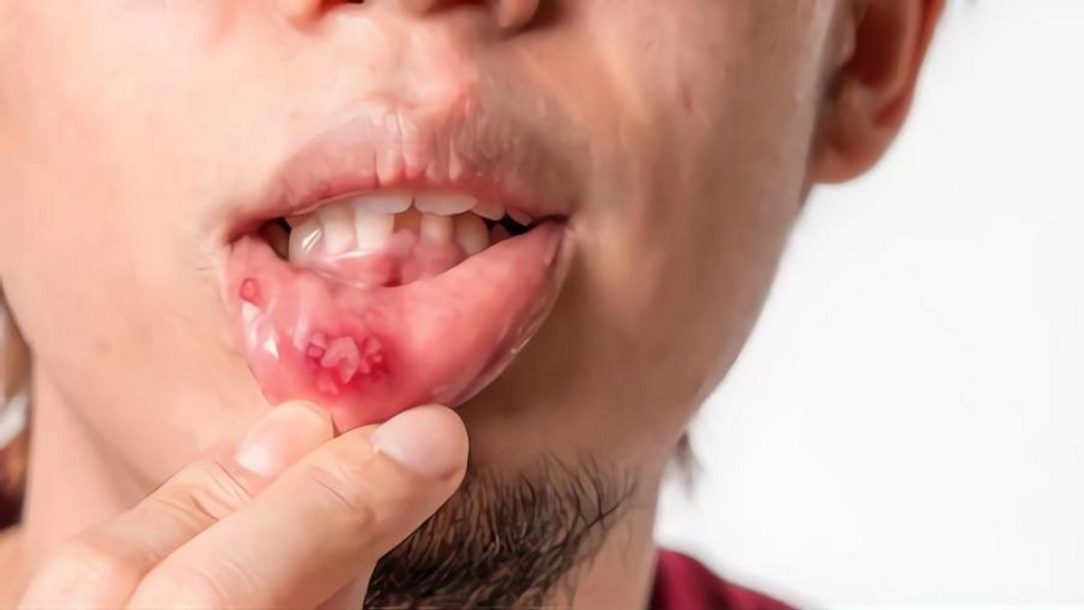What Are Mouth Ulcers?
Mouth ulcers are small ulcers affecting the inner lining of the mouth. They can be painful and may bleed. They can appear with or without warning and at any time of the year. The most common places for mouth ulcers to form are the lower inside of the lip, the tongue, and the back of the throat.
What Causes Mouth Ulcers?
There is no one single cause of mouth ulcers. Instead, there are a number of different factors that can contribute to the development of these painful sores. Some of the most common causes of mouth ulcers include:
Friction or trauma to the mouth: This can occur from tooth brushing, dental procedures, or even from wearing ill-fitting dentures.
Certain medical conditions: Mouth ulcers are often seen in people with autoimmune disorders such as Crohn’s disease or Bechet’s disease.
Viral infections: Mouth ulcers can sometimes be a symptom of a viral infection, such as the herpes simplex virus or the varicella-zoster virus.
Bacterial infections: Bacterial infections of the mouth, such as gingivitis, can sometimes cause mouth ulcers.
Certain medications: Some medications, such as NSAIDs, can cause mouth ulcers as a side effect.
There are many possible causes of mouth ulcers, caused by or relating to different things.
What Are The Symptoms of Mouth Ulcers?
There are a few different symptoms that are associated with mouth ulcers. One of the most common symptoms is a burning or tingling sensation in the mouth. This is often followed by the appearance of a small, red, round lesion. The lesion may be surrounded by a white or yellowish halo. Mouth ulcers can also cause pain when eating or talking. In some cases, the ulcer may bleed.
Is There a Link Between Ulcers and Mouth Cancer?
There is no clear link between ulcers and mouth or throat cancer. However, ulcers can be a symptom of mouth cancer, so it is important to see a doctor if you have an ulcer that does not heal within two weeks.
How Can I Treat Mouth Ulcers?
There are a number of treatments for mouth ulcers, including over-the-counter medications, home remedies, and prescription medications. Over-the-counter medications include gels, creams, and pastes that can be applied to the mouth ulcer to provide relief from pain and discomfort. Home remedies for mouth ulcers include rinsing the mouth with salt water or baking soda, applying a cold compress to the affected area, and eating soft, bland foods. Prescription medications for mouth ulcers may include topical steroids, oral steroids, and antiviral medications.
When Should I Worry About Mouth Ulcers?
- If you are experiencing pain or discomfort with your mouth ulcer.
- If you notice any discharge or pus coming from your mouth ulcer.
- If you have a fever, swollen lymph nodes, weight loss, or fatigue.
- If you have a new mouth ulcer that lasts longer than two weeks.
Mouth ulcers are not usually a cause for concern. However, if you experience frequent or severe mouth ulcers, you should see a doctor or dentist to rule out any underlying medical conditions.
Is There a Link Between Ulcers and Mouth Cancer?
There is no clear link between ulcers and mouth cancer. However, ulcers can be a symptom of mouth cancer, so it is important to see a doctor if you have an ulcer that does not heal within two weeks.

